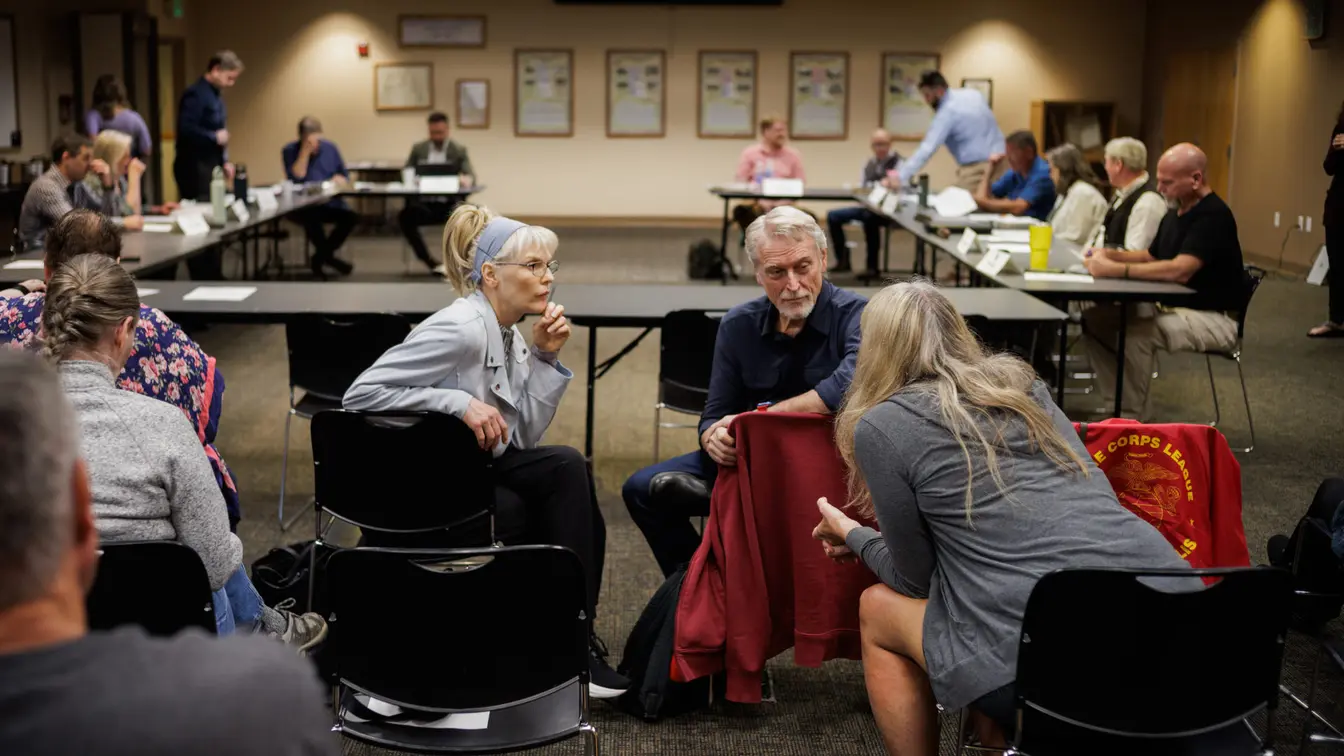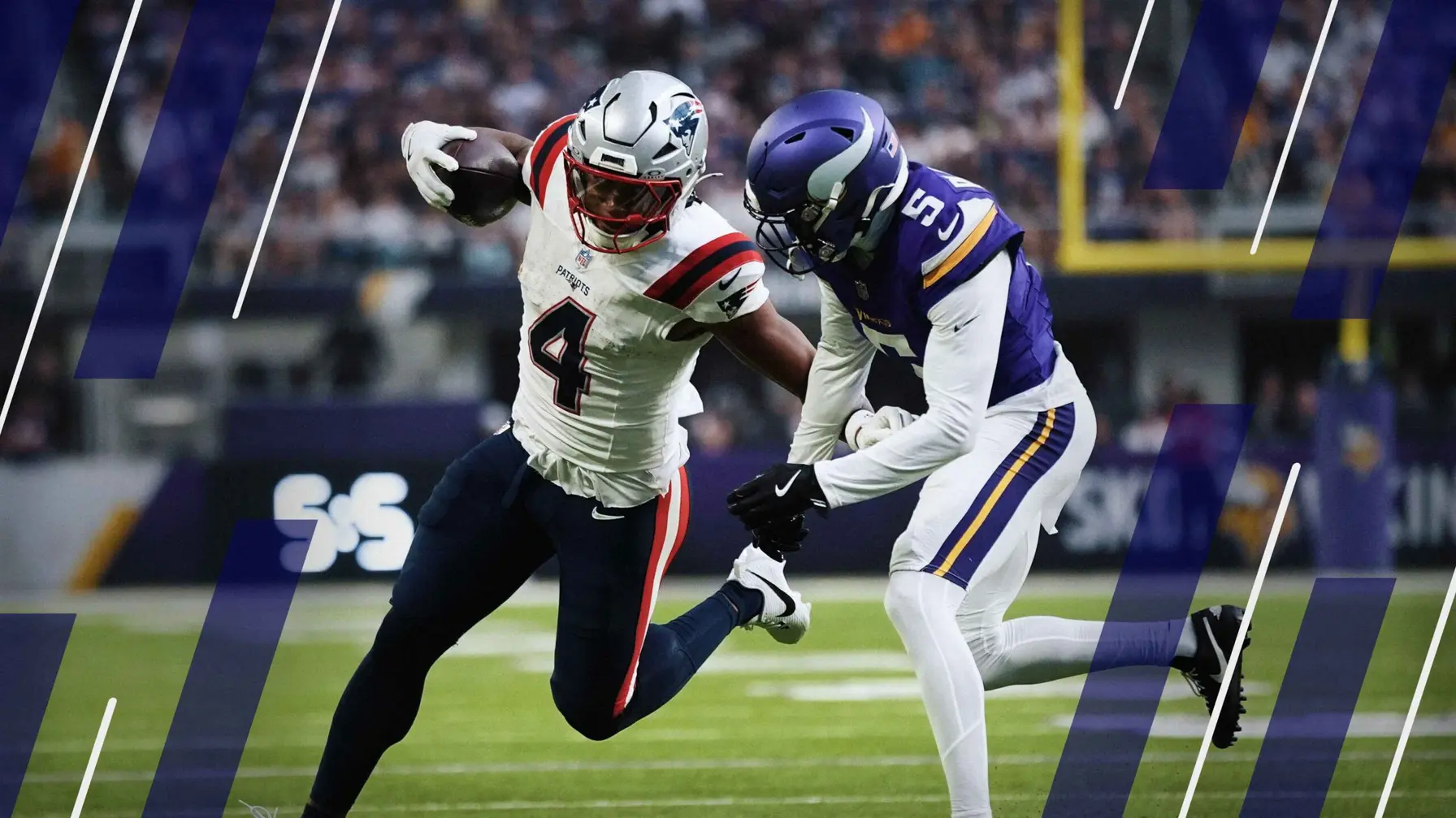T4K3.news
Wendy Williams guardianship case updates
Medical tests reaffirm FTD and ongoing guardianship, with court actions pending.

A review of Wendy Williams' ongoing guardianship case after medical tests reaffirm her FTD and aphasia, with patient care and family disputes in focus.
Guardianship fight tests care system in Wendy Williams case
Wendy Williams has undergone a comprehensive medical and neuropsychological evaluation as part of ongoing court supervised guardianship. Court documents show doctors confirmed a diagnosis consistent with frontotemporal dementia and aphasia, with details sealed in paperwork. The evaluation, involving multiple specialists, aims to assess her current capacity and guide care decisions. Separately, Sabrina Morrissey's team has asked the court to extend protective guardianship until November 3 to allow time for review, while objections from family members and other interested parties loom.
The case has also drawn attention after a March incident in which Williams was removed from an assisted living facility by New York police, leading to hospitalization and renewed debate about living arrangements and care. Former husband Kevin Hunter has filed a separate lawsuit seeking damages and broader changes to the guardianship system, claiming abuse, neglect, and financial mismanagement under the current setup. Williams has lived under guardianship since May 2022; her medical team first disclosed FTD and aphasia in early 2024. The next court steps will shape the future balance of care and control.
Key Takeaways
"This is a process designed to protect her rights"
Comment on guardianship framework
"The system must prioritize autonomy where possible"
Editorial stance on balancing care and independence
"Public scrutiny will test guardianship practices"
Media attention surrounding the case
This case highlights the tension between protecting a vulnerable person and preserving personal autonomy. The medical realities of frontotemporal dementia and aphasia complicate judgments about capacity, while court oversight is meant to safeguard rights and safety. Public attention adds pressure on guardians, lawyers, and doctors to maintain clear, humane practices.
Yet there is a risk the case becomes a public spectacle that erodes privacy and makes medical decisions harder. Reforms may be driven by controversy, not patient needs, unless courts and guardians keep care central and transparent.
Highlights
- Care decisions must center on health, not headlines.
- Guardianship should protect rights, not silence autonomy.
- Public scrutiny will test guardianship practices.
- Transparency matters for every vulnerable patient.
Guardianship controversy and public oversight risk
The Williams case raises sensitive questions about elder care, patient rights, and guardianship oversight in New York. Media attention and ongoing lawsuits could provoke public backlash and policy scrutiny.
Care systems must balance privacy with protection as this case unfolds
Enjoyed this? Let your friends know!
Related News

Wendy Williams celebrates birthday with friends at Delmonico's

Princess Anne reveals new hair look in royal portrait

Austin Drummond remains wanted in quadruple killing

Idaho Implements New Vaccine Policies Amid Trust Crisis

Covid cases are rising across the U.S.

Prince Harry Denies Allegations of Brawl with Prince Andrew

Harlem Legionnaires Update

Fantasy preseason update
